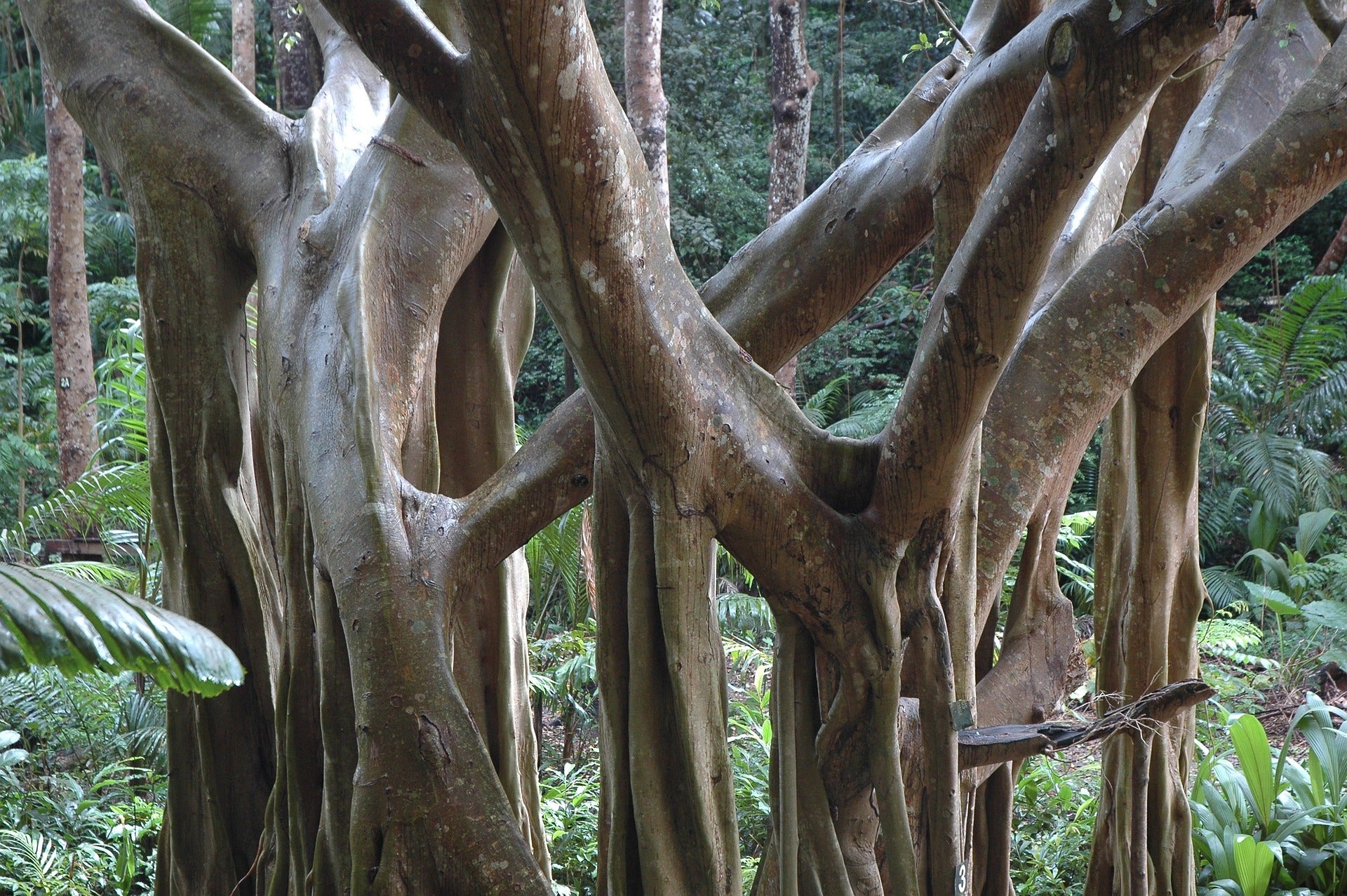The role and importance of nature in our lives has become mainstream and governments are considering it for our future. This growing global awareness reveals the strong connections between human health, livelihoods, economic resilience, climate adaptations, and our use of nature. Everyone is talking about it, but most importantly many more are acting on it. Nine philanthropic foundations have announced they will commit $5 billion to nature conservation over the next 10 years – Germany has increased its annual biodiversity aid funding to 1.5 billion Euro, and the EU has committed an additional $1.13billion. Countries came together at Biodiversity COP 15 in December to negotiate a new global biodiversity framework, and targets for the future. These trends suggest that we are at an incredibly opportune time to forge a path that reveals and inspires the adoption of nature-based solutions that are practical, equitable, and enduring.
In Barbados, the Debt for Nature transaction recently closed with the support of the IDB and the Nature Conservancy was a milestone to acknowledge the country’s commitment in the biodiversity and climate agenda. The issuance of the new sustainability bond allowed Barbados to retire old debt and generate USD50M in savings.
The newly established Barbados Environmental Sustainability Fund (BESF) will receive 50M savings generated by the transaction and will therefore be poised to act. The BESF will provide the essential funding and technical direction to locally driven conservation and sustainable development needs for the terrestrial and marine ecosystems of Barbados. Its financing programs and management team will align actors, projects, and funding with local and national biodiversity and climate change objectives, and this can produce a model that has the capacity to attract significant attention and interest from the donor and investment community and serve as an important model for other SIDS nations.
The Government of Barbados (GoB) is a key player in this process, and its ongoing guidance to the BESF, as one of its Board members, will provide essential direction to the fund’s independent team. The Inter-American Development Bank (IDB) will also continue to support the Government through a series of short-term consultancies that can add expertise and inputs from past experiences to the innovative and independent thinking needed to meet the BESF goals. Specifically, the IDB has pledged funding to support an integrated team of experts to strengthen the GoB’s support to the BESF and the government’s capacity to plan and deliver strong policies and practices to conserve Barbados’s rich coastal and marine ecosystems.
To further strengthen their role, the IDB has allocated resources from NDC Pipeline Accelerator (ACL)* Multi-Donor Trust Fund to have a series of training and capacity-building courses provided to Government leaders and advisors to the BESF, with a focus on governance policies and practices, institutional effectiveness, grants management and program administration, financial management, and risk reductions and safeguards.
Furthermore, as governance and a science-based process are adamant to further attain the targets included in the debt for nature transaction, it will be critical to pursue an inclusive Marine Spatial Planning process.
The MSP is a forward-looking process that relies on the best available science, data, economic modeling, and information to engage stakeholders at all possible levels to determine the most coherent allocation of Barbados’ more than 186,000 km2 of marine space across all sectors.
The Government of Barbados and BESF are planning to launch this process by at the beginning of 2023 with a large stakeholder representation. The outcomes will allow Barbados to make informed and coordinated decisions about how to use the marine space and inherent resources most efficiently, such that conflicts are reduced, marine ecosystems are protected, and sustainable development goals are achieved.
For this purpose, the technical cooperation will also support the Government with the following activities:
- The improvement of existing Geographic Information Systems (GIS) data, methods, and results, building data infrastructure and developing and maintaining partner institution relationships. The spatial planning specialist will work collaboratively with a monitoring-reporting-verification expert to develop appropriate indicators, baselines, data collection and analysis procedures, and documentation and reporting standards.
- The draft of an Ocean Policy which will include a Marine Physical Development Master Plan to sustain the health and functionality of Barbados’ coastal, near shore, and marine ecosystems, support local and national businesses and economic sectors, advancing the principles of a sustainable blue economy, and enhance the cultural, spiritual, and emotional enjoyment of marine ecosystems by the people of Barbados.
- The development of a Natural Capital Assessment to value the economic, social, and environmental Barbados’s ocean ecosystems as an interconnected system to produce a robust evidence base, a suite of tools, and a framework for the Marine Master Plan.
- A team for environmental education and communications that will support to the Barbados Coastal Zone Management Unit (CZMU) within the Ministry of Environment and Natural Beautification in the preparation and dissemination of educational information related to the marine spatial planning (MSP) process, including monitoring of activities and performance, and the management and reporting on all funds granted to these activities. This support will be closely developed with a specific Communications team that will develop a comprehensive stakeholder engagement plan and the communication of all aspects related to the MSP process, including a suite of evaluation tools to determine the effectiveness of the public engagement campaign.
*The NDC ACL is a Multidonor Trust Fund that supports Latin American and the Caribbean (LAC) countries with early-stage technical assistance for low-carbon and climate-resilient projects to meet their commitments under the Paris Agreement, Sustainable Development Goals and national climate strategies. It is managed by the IDB thanks to the support of the Nordic Development Fund (NDF), the Minister for Foreign Trade and Development Cooperation of the Kingdom of the Netherlands, the Ministry of Foreign Affairs of Sweden, the Federal Ministry of Finance of Austria, and the Ministry for Foreign Affairs of Finland.


Leave a Reply